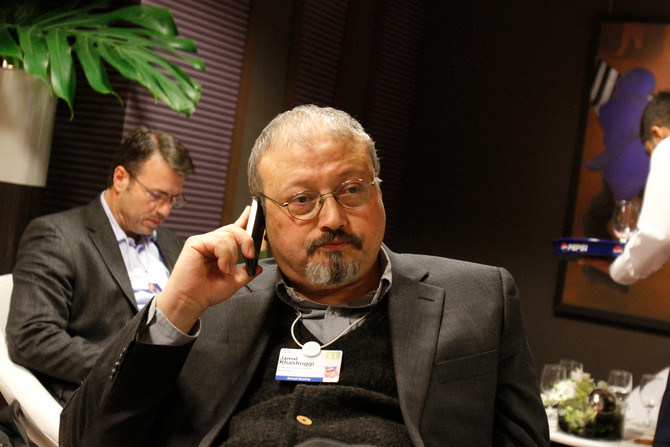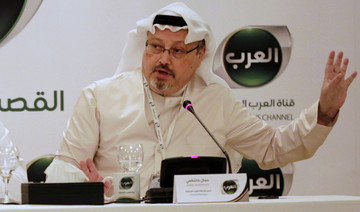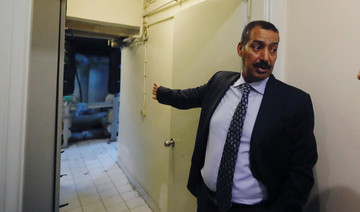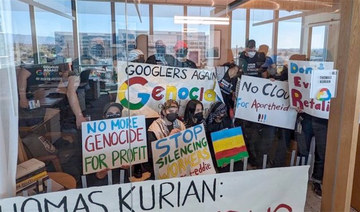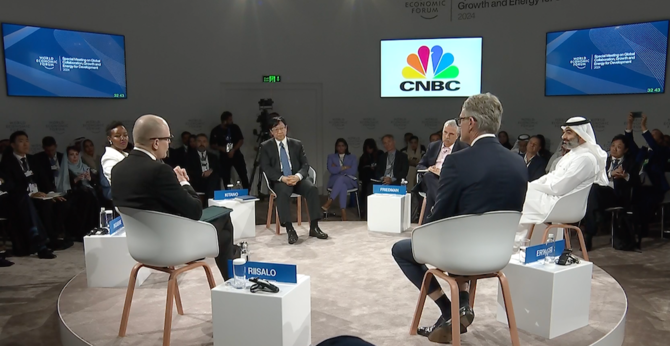LONDON: Qatari broadcaster Al-Jazeera has distanced itself from a news item speculating that Saudi journalist Jamal Khashoggi was murdered while visiting the Saudi consulate in Turkey.
Al-Jazeera Arabic, which had repeated the Reuters story extensively, has acknowledged the claims to be unverified and instead blamed newswire Reuters for the information.
The Reuters story cited only Turkish sources without naming them or providing any substantial evidence to support Khashoggi’s death claims.
Contrary to what it had previously reported, an Al-Jazeera reporter appeared live to say: “I talked to his fiancée 15 minutes ago and she is saying that all Turkish officials who were communicating with her, stopped talking to her and updating her. Turkish officials are no longer answering our calls.

“No Turkish media mentioned the Reuters news regarding Khashoggi. The story regarding dismembering and killing Khashoggi was only featured on Reuters and AFP.
The official Turkish Anadolu agency has only mentioned the arrival of officials (Saudi) and then this morning it quoted Reuters news about the death of Khashoggi.”
Al-Jazeera is owned directly by the Qatari government. Saudi Arabia and other members of the anti-terror quartet (UAE, Bahrain and Egypt) have cut off relations and imposed a boycott of Qatar since last year, accusing the Gulf nation of supporting terror and meddling in internal affairs.
Turkish President Recep Tayyip Erdogan earlier said he was hopeful about the missing Saudi journalist.




